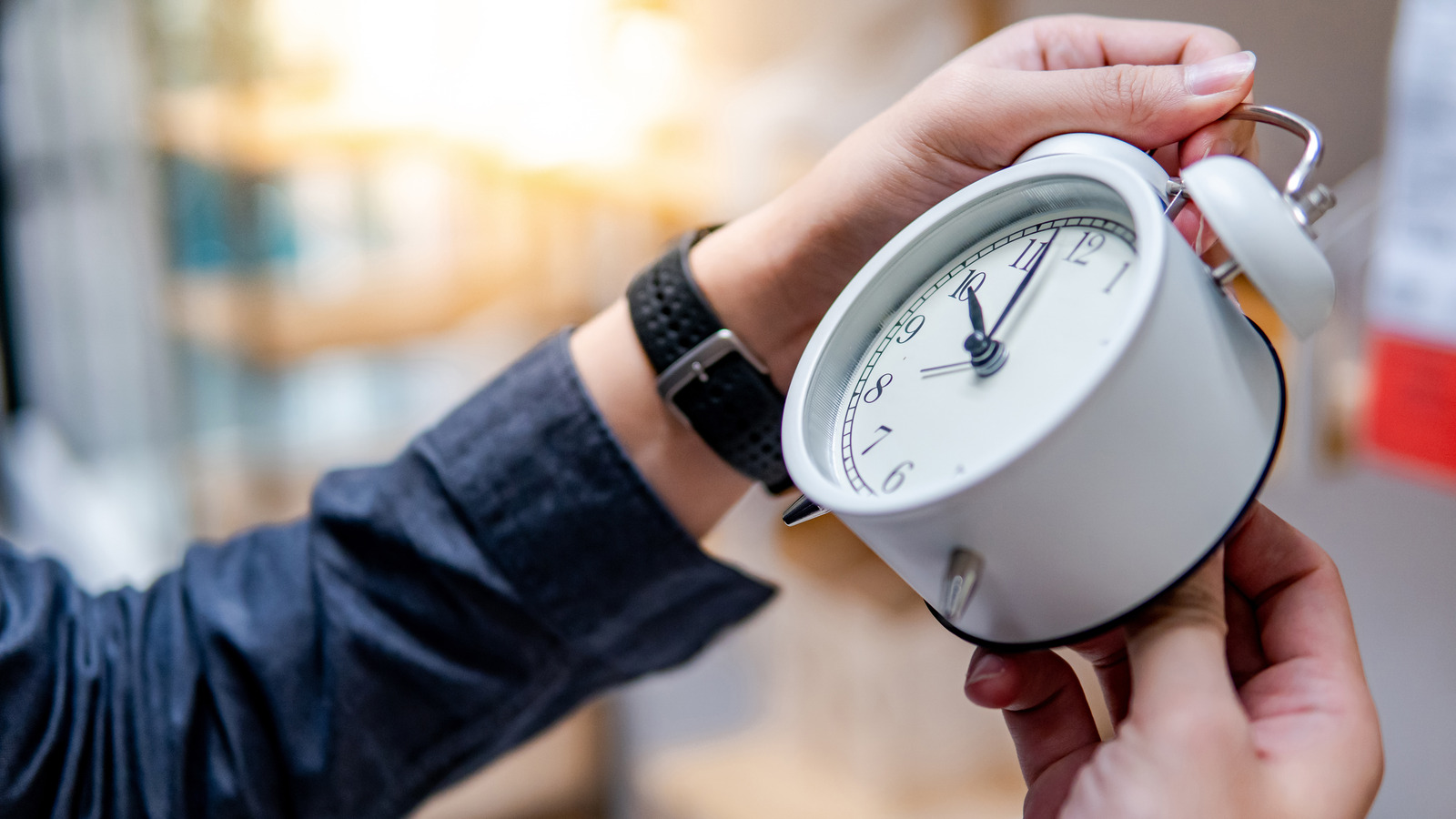
DST increases your risk of death because it creates sleep deprivation, similar to jet lag disorder. According to the Mayo Clinic, jet lag gives people a temporary sleeping problem because their body is still functioning in their original time zone. DST creates this feeling the day after it ends because your body and work schedule are out of sync. This can have a significant impact on your driving and decision-making.
For example, a study in Current Biology showed that fatal traffic accidents increased by 6% in the U.S. the Monday following DST. It also noted an increase in the risk of DST-associated motor vehicle accidents, even during afternoon hours. Additionally, a 2009 study by the American Psychological Association showed that workers slept an average of 40 fewer minutes on the Monday after the end of DST. This is correlated with an increase in work injuries and an increased severity of work injuries. Lastly, findings from a 2020 study by Nature and Science of Sleep support the notion that even partial sleep deprivation can increase impulsivity and coincide with riskier decisions.
Since people in the United States can’t avoid DST (for now, at least), it’s essential to make preparations before it happens. The Mayo Clinic suggests changing your sleeping time by 15-minute increments several days before the change to give your body time to adjust. This helps keep you feeling awake and driving safely when DST ends.



